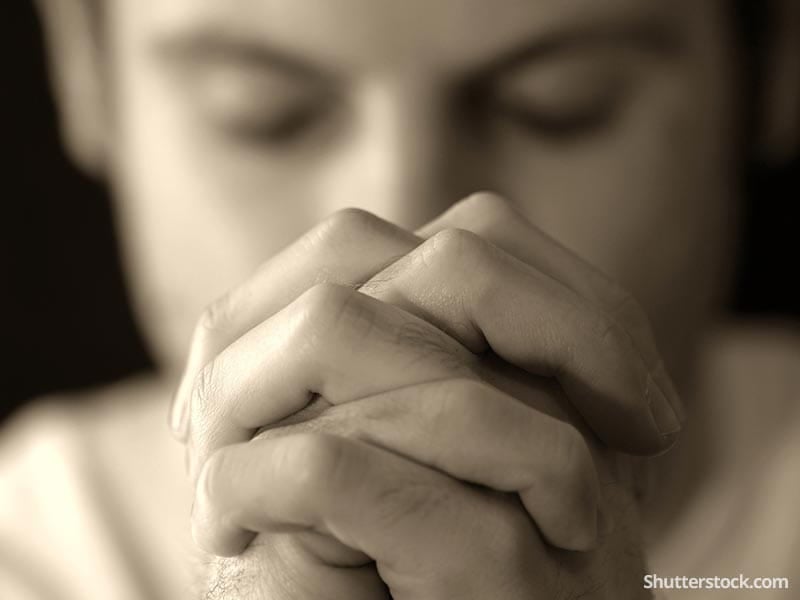Michael Leach and Therese J. Borchard, eds.
Doubleday, 153pp.
Growing Up Catholic
Mary Jane Frances Cavolina, Jeffrey Allen Joseph Stone, Maureen Ann Theresa Kelly, and Richard Glenn Michael Davis
Broadway Books, 219 pp.
Imagine a book named "I Like Being Methodist" or perhaps "I Like Being Eastern Orthodox." Would either strike the plaintive, self-canceling note that "I Like Being Catholic" does? Catholics have an odd, backward-looking relationship with their church. Where two or three Catholics are gathered, the conversation will inevitably turn to baroque tortures of Catholic school or odd rituals and privations. Look at the two glum children posing uncertainly on their First Communion on the cover of "I Like Being Catholic": Is this a celebration of being Catholic, or something closer to a T-shirt reading "I Survived the Earthquake of '08"?
What's surprising is that "I Like Being Catholic" is a celebration of faith.
While the recently reissued "Growing Up Catholic" pays homage to the church's idiosyncrasies, treating rosaries and reliquaries with affectionate humor and offering Latin quizzes and parodies of nuns, "I Like Being Catholic" affirms the rhythms and rituals of the faith. The tone is best captured in the introduction by Father Andrew Greeley. "We believe that the sacred is everywhere, that it lurks among us, sanctifying everything."
The contributors are as articulate as they are varied, ranging from Pope John Paul II to Nicole Kidman. Flannery O'Connor likens her First Communion to brushing her teeth. Joan Wester Anderson, author of "Where Angels Walk," says she likes being Catholic because "Our faith is so vast that anything that's lost...can always be found, dusted off and brought to light, as good as new." Kathy Coffey's "Ten Good Reasons to Be Catholic" include the church's active peace and justice stances and the diversity of the church. "I even know a Hispanic parish with an Irish pastor," she writes, "where they had a fiesta for St. Patrick's Day." Historian Doris Kearns Goodwin muses on baseball and Catholicism; former Clinton White House chief of staff Leon Panetta praises Catholic schools. Joseph Girzone, author of the "Joshua" series, reminds readers that Jesus is at the heart of the Catholic faith.
Devout readers may occasionally raise an eyebrow at the choice of authors. Mario Cuomo, a politician who was upbraided by Cardinal John O'Connor for not protecting the unborn, might seem an odd choice to write "The Challenge of Stewardship." Several other authors share a less than orthodox view of Catholicism. Clearly the authors wanted to remind us just how many famous folks are Catholic. We all know about Cuomo, but who knew that Babe Ruth, Alfred Hitchcock, and John Wayne were Catholic? Andy Warhol and Susan Sarandon?
"Growing Up Catholic," which first appeared in 1985, has enjoyed a wide popularity with its upbeat but more begrudging affection for a church that is quickly fading into history. Lovingly--and sometimes irreverently--mocking Catholic schools, Catholic sex-ed, martyrs, popes, and even holy water, "Growing Up Catholic" relies on the pleasure of recognition. Erstwhile altar boys will enjoy the prayer that opens "From hot wax of Easter candles, deliver us, O Lord; from Cassocks which make us trip, deliver us, O Lord..." "Priests We Have Known" limns the familiar figures of Father Hole-in-One, whose sermons usually begin with a reference to birdies and bogies; Father Have-a-Nip, who "knows that good Irish or Scotch whiskey is a great tongue loosener"; and Father Strum-a-Tune, from the Church of Holy Civil Disobedience.
Other denominations also come in for the authors' sharp wit, too: Episcopalianism is the "next best thing to being Catholic. Roman Catholics might consider attending Episcopal services under dire circumstances when it is impossible to get to a Roman Catholic Mass on Sunday. For example, you are in the African bush country, in a territory where Church of England missionaries have completely pre-empted the Jesuits and Maryknollers. The alternative is ancestor worship."
Together, "I Like Being Catholic" and "Growing Up Catholic" convey the richness of the experience of the Catholic faith. They convey too one simple truth about being raised Catholic: Like it or not, you're Catholic till you die.

